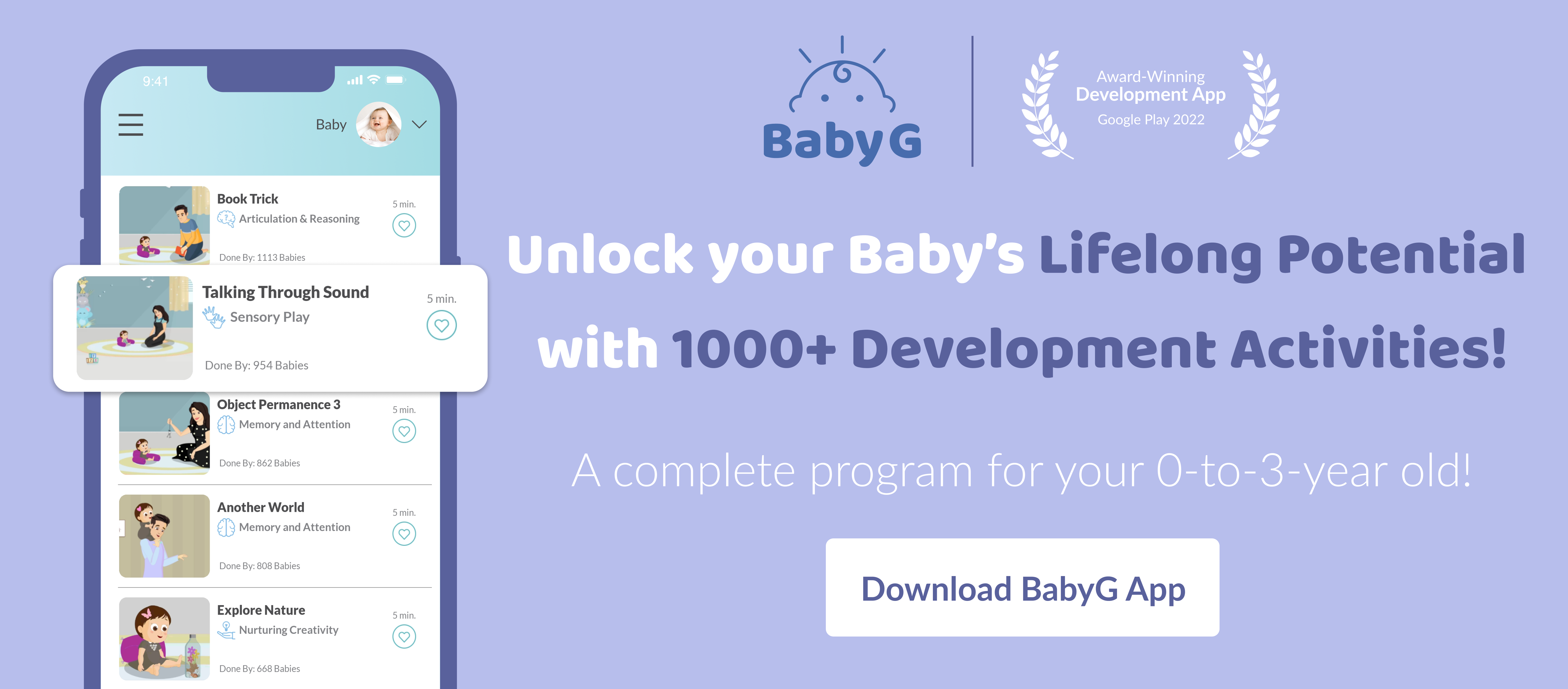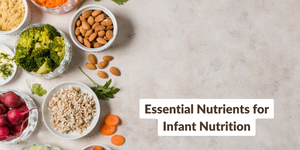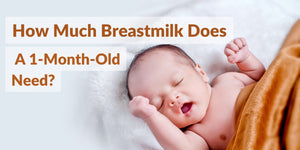
What is water intoxication in babies?
It’s hard to fathom that something like water can also cause intoxication. But the fact is, yes! Drinking too much water can be toxic for our bodies. Adults with healthy kidneys rarely face this problem, but newborns and older babies are quite susceptible to water intoxication.
Unlike adults, babies don’t need to drink additional water because their hydration levels are adequately maintained by breastmilk and the water used to make formula. Anything you give in excess circulates in the bloodstream because the underdeveloped kidneys cannot efficiently remove excess water from the body. This dilutes fluids and decreases sodium levels in the body, leading to what is known as “hyponatremia.”
This causes cells to swell in the body. When brain cells swell, the intracranial pressure begins to increase, which, if left uncontrolled, can have severe health repercussions, including death. Hence, it is very important for parents to remember not to feed plain water to their infants or add excess water to their formula until their paediatrician says so.
What happens if a newborn accidentally drinks water?
There’s very less chance of a newborn or an older baby accidentally drinking water unless they are in the bath or pool. If your baby has swallowed very small amounts of water, they will probably be okay. But if they’ve swallowed too much, it can lead to water intoxication. Your baby may show some of its signs, which every parent must be aware of so that they can take action if they spot anything unusual.
What to do if you accidentally give water to a newborn?
If your newborn baby accidentally swallowed bath water or you accidentally fed your newborn water, it won't hurt to give a call to your baby’s paediatrician and set up an appointment. Because in such cases, it may be hard to determine how much water your baby has ingested. So it’s best to leave the examination to the experts to decide the next course of action.
Symptoms of water intoxication in newborns
When there’s water intoxication in babies, symptoms may appear sooner or later. As these warrant immediate medical attention, you must be aware of the signs. These include:
- Crying and fussiness
- Behavior changes
- Vomiting
- Drowsiness
- Lethargy
- Facial swelling
- Seizures and tremors
- Too many wet diapers (more than 8 per day)
- Extremely clear urine
- Body temperature less than 97 degrees
When to see a doctor
Pay a visit to your child’s pediatrician if:
- Your baby shows any signs of water intoxication.
- You were unaware of water intoxication, and you accidentally gave your baby water.
- You suspect your baby has swallowed a lot of bathwater.
Share your concerns, and your provider will guide you appropriately. If it’s just a mild case of intoxication, you may be asked to completely stop giving water to your baby as you wait for the kidneys to get rid of excess water. But, in cases of severe toxicity, your baby may be put on diuretics to eliminate excess water from their body and/or given a saline solution to revive electrolyte balance and raise sodium levels in the body.





LEAVE A COMMENT